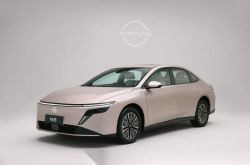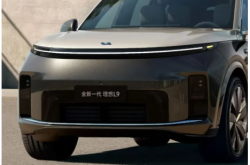Who will grab the massive Olympic traffic, who will win easily, and who will achieve the greatest leverage with minimal effort?
![]() 08/11 2024
08/11 2024
![]() 570
570
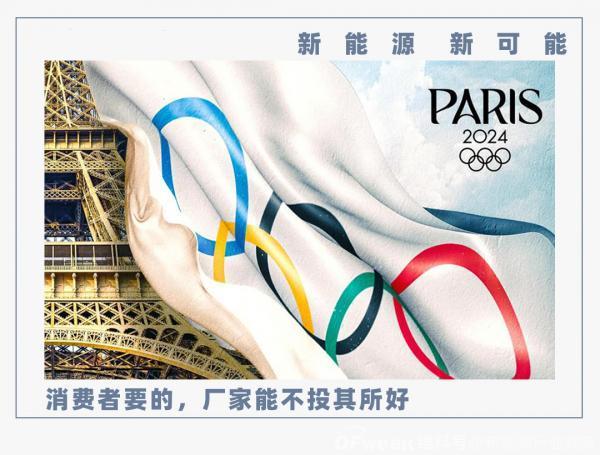
Original content from New Energy View (ID: xinnengyuanqianzhan)
The Olympic Games, held every four years, have always been the pinnacle of advertising and marketing.
While the declining viewership of the Olympics is no longer a new topic, in this increasingly fragmented era, there are not many global events that can capture the world's attention for half a month. The Olympics still possess irreplaceable unique marketing value.
For brands looking to participate in this massive marketing event, the Olympics is essentially a vast pool of topics. Smart brands need to find information points that best align with their aspirations, forge emotional connections with consumers, and empower themselves with the spirit of sports and championship quality to win consumers' hearts.
1. Olympic Marketing Wins Big
Each brand shows its magic
As the Olympic competition heats up, who can catch the massive traffic?
It goes without saying that French luxury group LVMH invested €150 million to become a premium partner of the Paris Olympics, with LV uniforms and medal boxes prominently featured during the opening ceremony. And it's no surprise that Nike, the leading international sports brand, captured frequent camera shots during the broadcasts with its tagline, "The only souvenir I want to take from Paris is a medal." Just watching domestic brands shine on the Olympic stage is intriguing enough.
In the Olympic marketing battle, some brands may falter due to poor execution or strategic mistakes. Others, however, may win easily due to fortunate circumstances or pre-planned strategies, garnering significant attention and praise even with minimal investment. One notable example during the Olympics was Chawangji, a domestic tea brand.
Chawangji gained fame for its keen eye in selecting tennis player Zheng Qinwen as its representative.
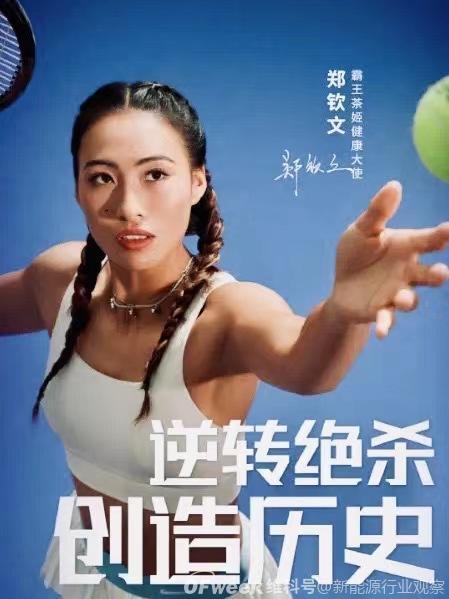
Image/Zheng Qinwen as Chawangji's Health Ambassador
Source/Screenshot from New Energy View
Back in April this year, Zheng Qinwen became Chawangji's first "Health Ambassador." On August 1, local time in Paris, Zheng defeated Iga Świątek 2-0 in the women's singles semifinals, and Chawangji tweeted congratulations, offering 250,000 free cups of tea. Netizens were impressed by Chawangji's keen insight. Later, when Zheng made history by winning the Olympic gold medal in her debut, Chawangji once again gained prominence, even changing the background image of its ordering app to Zheng Qinwen.
Lucky luggage and bags , which spent zero advertising dollars, can be considered the ultimate winner among those who win effortlessly. As a supplier for the Beijing Olympics in 2008, its backpacks unexpectedly went viral in Paris. Foreign journalists praised the backpacks for their practicality, even taking them to the London, Rio, and Tokyo Olympics, and now to Paris as well.
With no warning, Lucky luggage and bags became an overnight sensation, leaving the brand itself in disbelief. So many people inquired about the backpacks that the brand hurriedly set up live streaming sessions to sell them, with orders pouring in. The brand jokingly said, "Our sewing machines in the workshop are smoking from overwork!"
Another interesting side story involves Yili, a major domestic dairy company.
As the official dairy partner of the Chinese sports delegation, Yili's primary marketing strategy focused on sponsoring top athletes, including Quan Hongchan, Pan Zhanle, Sun Yingsha, and Wang Chuqin, among others. These popular athletes endorsed Yili products, attracting significant attention.
Yili also quickly capitalized on the internet meme comparing the Paris Olympic logo to Chinese television personality Chen Luyu, announcing her as the "Paris Viewing Ambassador" in a humorous ad. They also appointed Liu Dagang, who played Sandy in the TV series Journey to the West, as the "Yili Paris Fashion Ambassador," dubbing him "Fashion·Basha Gentleman."
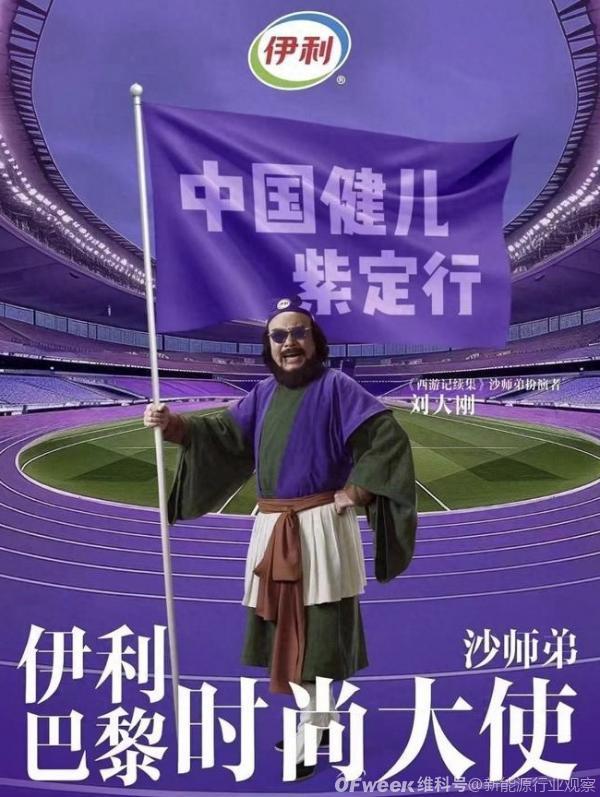
Image/Liu Dagang as Yili Paris Fashion Ambassador
Source/Screenshot from New Energy View
However, Yili stumbled slightly when it prematurely released a congratulatory poster for Sun Yingsha's victory in the women's singles table tennis final before the match ended, ultimately apologizing for the mishap, adding a tinge of regret to its otherwise impressive marketing campaign.
2. A Panoramic View of the Automotive Industry
Who Can Achieve Maximum Leverage in Olympic Marketing
To stand out in the sports marketing battle, brands not only need creative ads and precise market positioning but must also respect the spirit of sports and forge emotional connections with consumers. One such example is FAW Hongqi.
FAW Hongqi is a familiar sight at every major national event and sports competition. During the Olympic broadcasts on CCTV, viewers often heard the promotional message that Hongqi would gift an EH7 Prestige Edition to any Chinese athlete who won an Olympic medal. This not only demonstrated the brand's support for sports but also showcased Hongqi's pride and responsibility as a domestic automaker. Hongqi, with its strong sense of patriotism, serves as an example of emotional sports marketing.
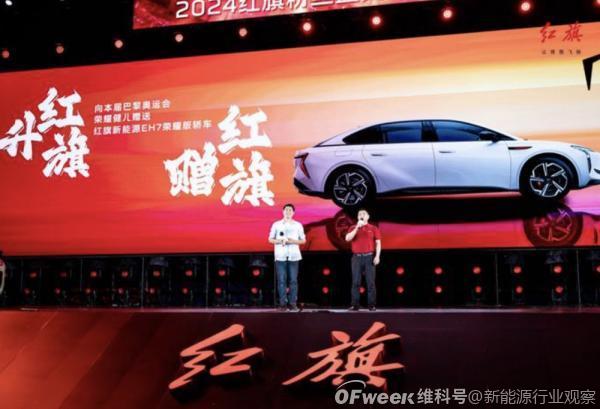
Image/Scene from the "Raise the Flag, Gift Hongqi" event
Source/Screenshot from New Energy View
While some brands succeed, others fail. Chery, for instance, signed a strategic partnership with the Chinese Women's Volleyball Team before the Olympics. Unfortunately, Chery's bet didn't pay off as the team failed to impress, losing to Turkey in the quarterfinals. With the team's defeat, Chery's Olympic marketing efforts essentially fizzled out.
Xiaomi Auto cleverly combined technology and sports for an impressive marketing extravaganza. By bringing its first car, the SU7, to the streets of Paris during the Olympics, Xiaomi not only showcased its ambition in the automotive industry but also leveraged the high profile of the Olympics to attract media and public attention.
Lei Jun, Xiaomi's charismatic CEO, wore a raincoat to the opening ceremony, a scene quickly captured and reported by various media outlets. Lei interacted intimately with fans through live streams, sharing Xiaomi's latest updates. This down-to-earth communication style won over many fans, further deepening the emotional connection between the brand and consumers.
Among those achieving great leverage in the marketing battle, brands that efficiently utilize resources and insightfully analyze the market deserve the most praise. In the new energy sector, Contemporary Amperex Technology Co., Limited (CATL) stands out.
Before the Olympics, CATL and China Mobile's Migu announced their partnership, with CATL becoming Migu's chief partner for top sports event broadcasts, building on their previous collaboration as the chief partner for Migu's top European football broadcasts. As a leading sports broadcast platform in China, Migu helped CATL convey its core value directly to consumers: when choosing an electric car, look for CATL batteries!
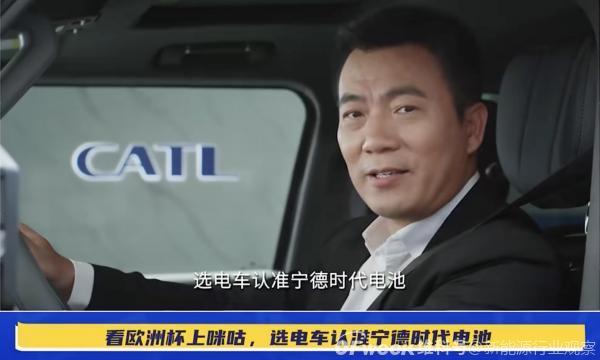
Image/Excerpt from a CATL & Migu live broadcast
Source/Screenshot from New Energy View
You may not have been familiar with this name before, but now, thanks to its high-profile exposure during the Olympics, you should remember CATL. When buying an electric car, one important question you'll ask is, "Does your car use CATL batteries?"
Voilà, the ultimate goal of marketing has been achieved.
It's worth noting that automakers like Zeekr, AVATR, and Nezha have already made CATL a key selling point of their new vehicles, tightly linking their brands with CATL's reputation.
When consumers are satisfied, automakers are, too, creating a win-win situation for all.
3. From Euro 2020 to the Olympics
Top Sports Events Have Become the Arena for Chinese Brands
Early on, Chinese companies often appeared on the international stage as manufacturers, leveraging their low-cost advantage to become an essential part of the global supply chain. However, as time passed, Chinese brands sought to move beyond their behind-the-scenes roles, entering the brand-building stage to establish unique brand perceptions among consumers.
This transformation is particularly evident in sports sponsorships, where Chinese brands have invested heavily in top sports events, associating themselves with these globally renowned spectacles to enhance their brand value and international image.
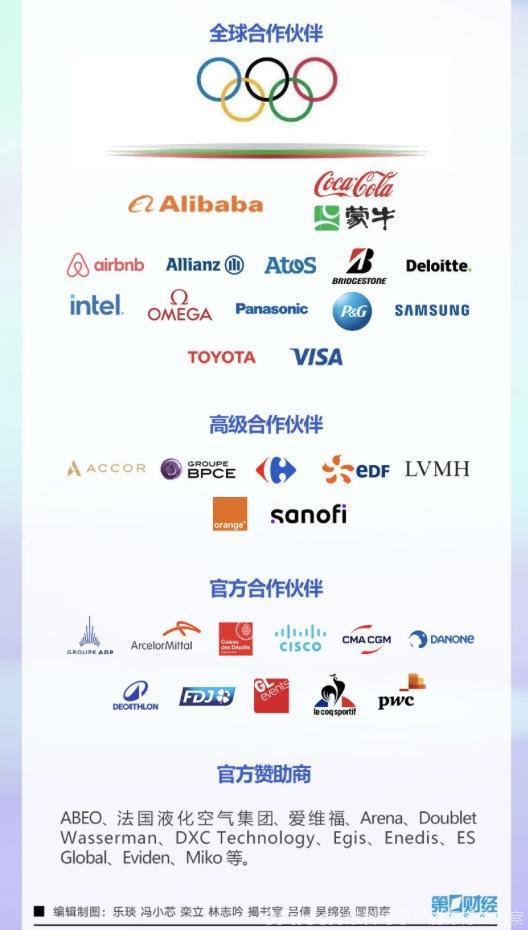
Image/Sponsors of the 2024 Olympics
Source/Screenshot from China Business Network and New Energy View
This explains why so many Chinese brands are eager to participate in international top sports events. Take CATL as an example; its Olympic marketing campaign aimed to bring the battery brand from "inside the car" to "outside the car," much like Intel's strategy of prominently displaying the "Intel Inside" logo on every computer using its chips.
Moving from "inside the car" to "outside the car," CATL is redefining what constitutes a good electric car with "CATL Inside." This is not directly about boosting sales but about awakening deep-seated consumer awareness. Such a sophisticated sports marketing strategy is indeed worth pondering.
In another Olympic marketing ad, against the backdrop of Paris's iconic landmarks and sports venues, CATL invited several sports stars like Lang Ping, Fu Yuanhui, Yang Wei, Wu Minxia, Zhong Man, and Zhao Ruirui. They embodied CATL's pursuit of excellence and innovative spirit with their championship demeanor.

Image/Olympic champions' demeanor
Source/Screenshot from New Energy View
What makes a world champion? CATL offers its answer: inner strength, precision technology, and reliability. These qualities align perfectly with the championship standards of Olympic sports.
Top sports events have always been hotly contested battlegrounds for brand competition, embodying humanity's eternal pursuit of competitive spirit and the glory of victory. Like dazzling jewels, these events reflect the pulse of the global economy and industrial changes, serving as stages for brands to showcase their strength and influence.
In this process, the stories of Chinese brands are particularly compelling, their development trajectories resembling a vivid chronology that documents the remarkable transformation from "Made in China" to "Created in China." From Chinese brands shining at Euro 2020 to their fierce competition at the Olympics, sports marketing is enabling more Chinese brands to taste success, especially in the rapidly growing new energy vehicle industry. Who would pass up such a prime opportunity?



